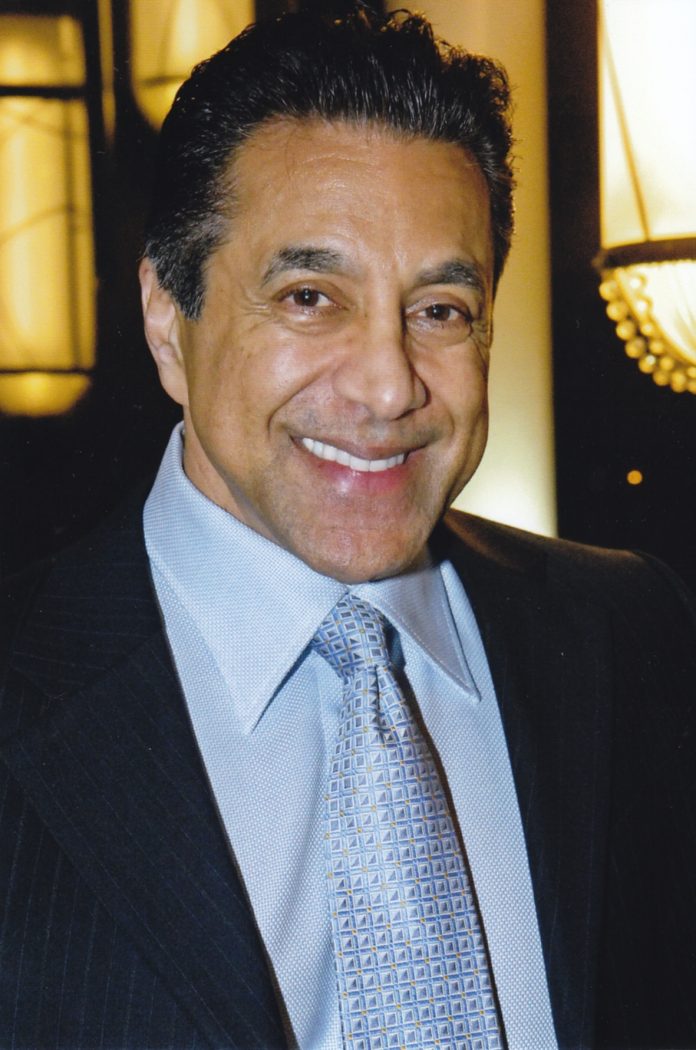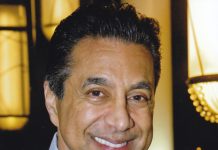BY RATTAN MALL
WHILE Vancouver Police Deputy Chief Constable Fiona Wilson on Tuesday criticized the Vancouver School Board’s decision to remove School Liaison Officers from Vancouver schools, calling it a “political decision” and saying this would have huge safety implications now and in the future, former B.C. solicitor general Kash Heed disagreed with her.
Heed, a former Vancouver Police superintendent and a former West Vancouver Police chief constable, told The VOICE on Thursday that you had to look at whether this was “a feel-good program” or a successful one.
He added: “I think given the issues we have with our youth right now, given the issues we have not only with the delinquency part but the gang connections, the drug use, the effectiveness and the cost of that program, [it] does not justify keeping it. The alternative is to come up with some type of contemporary program – one that addresses these issues.”
When he was the police chief in West Vancouver, he received criticism because he got rid of the DARE [Drug Abuse Resistance Education] program there.
Heed said: “And that’s all based on the evidence of the success and failure of these programs. A lot of these programs are just feel-good programs. And yes, they had some success. But does that limited success justify the cost expenditure on it? In my opinion, no it doesn’t. Are there alternatives? Absolutely! Do we need to find them? Absolutely!”
So, how do we go about finding them?
Heed said: “You’ve got to put together knowledgeable people. You cannot expect the police to come up with the program. They do not have the background for it. You cannot expect some lay person within the education system to come up with it. You’ve got to have some experts in the field and look at the best evidence around the world to determine how we are going to develop programs for our youth.”
He said we had to have a comprehensive program within the school system that deals with all of the issues kids face: their peer influences and their influence on how they are going to behave, how they are going to interact with people, whether they are going to consume drugs or whether they are going to hang around with people they shouldn’t be hanging around.
“These one-off or these feel-good programs such as the school liaison, in my opinion, do not justify the expense on them,” Heed said.
WHEN I asked Heed about the Surrey school programs, he said: “Yes, there has been some success and I think we have to measure that success in Surrey with the WRAP Program [Wraparound Program] and that they intervene at a very early age.
“I believe the intervention has to occur at a very young age. It has to occur with these kids in elementary school in order to be effective. Once these kids have got into the behaviour, the delinquency, the drug use and the violence, forget it. You’ve got to write them off.
“I am sorry to say but there is no evidence that says multi-million-dollar programs are going to be that successful in dealing with this.”
He added: “Now there are anomalies in this, I admit, but generally speaking, when you look at the research in this area, those feel-good programs have very, very limited success.”
Heed referred to the work of famous American criminologist Lawrence Sherman who wrote a 650-page report for the U.S. Congress on these types of programs and concluded that the success of dealing with a lot of society’s problems with our youth is with programs that directly impact delinquency and prevent that delinquency. Those other programs, he said, just make people feel good.
Heed said: “Let’s bring people on board that have the expertise to determine what those effective programs are. Number one, I can tell you that’s not the police.”
He added: “Unless you have effective programs in place and you measure these, we are wasting our money and you just have to look at what is going on right now with our youth whether it be drug abuse, whether it be violent behaviour, whatever the issue may be, and its amplifying – it’s not abating.”

Photo: VPD
VANCOUVER Police Deputy Chief Constable Fiona Wilson on Tuesday said in a statement: “The VPD is very disappointed about the political decision by Vancouver School Board trustees to remove School Liaison Officers from Vancouver schools.
“For nearly 50 years, VPD’s SLOs have been an important resource for students in Vancouver. Our specially-trained officers have helped youth stay safe in schools, introduced extra programming for at-risk youth, and helped divert young people who come into conflict with the law from the criminal justice system to more appropriate resolutions.
“Although recent surveys have shown that the vast majority of students in Vancouver support having SLOs in schools due to positive experiences with them, we know there is work to do with gaining the trust and confidence of some students. In recent months, the VPD strongly declared its desire to make changes to the SLO program, in collaboration with all stakeholders, to address the concerns that have been raised.
“VPD will now assess next steps and decide when and how the officers currently dedicated to Vancouver’s schools will be redeployed to other areas of the VPD to address already existing resourcing gaps.
“When officers are reassigned to other areas of the VPD, including full time roles for front-line officers in patrol and detectives for investigations, they will no longer develop and run programs for students like athletic and safety-focused initiatives. VPD programs for Vancouver youth that are run by VPD officers, independent of SLOs – like the VPD Cadets and New Kids program – will continue.
“This decision leaves a big gap in relationship building between officers, students and staff and also decreases safety for youth and staff in schools. In addition, the decision impacts the direct interaction and mentorship police provide to keep youth safe – like keeping them away from gangs and educating them on staying safe online.
“The VPD greatly values its existing relationships with students, teachers and staff in Vancouver’s schools and with administration officials with the Vancouver School District. The decision represents a big loss and will have huge safety implications now and in the future.”













